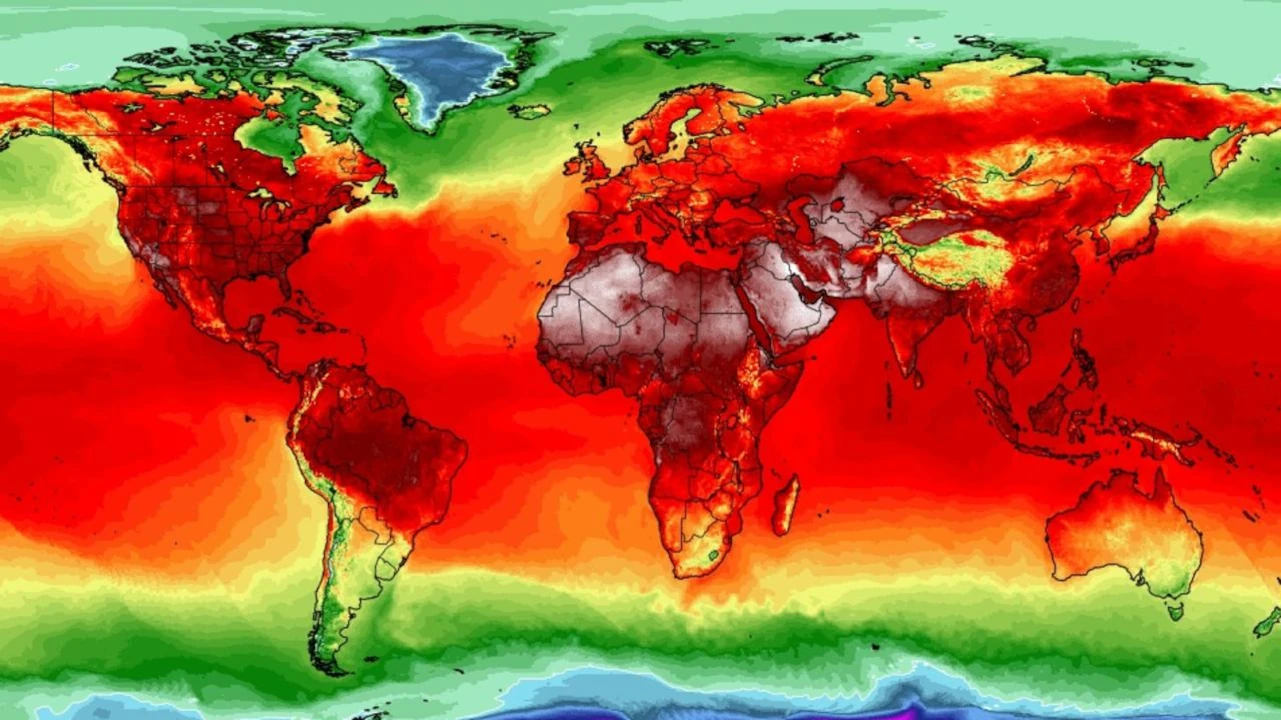The planet has kicked off the year with record-breaking warmth, making this January the hottest ever observed since records began in 1950 according to the European Union’s Copernicus Climate Change Service (C3S). The month’s global heat surpassed that of January 2020, following a year (2023) that was already crowned as the hottest year with records tracing back to 1850.
Climate change, exacerbated by human influence and the El Niño weather pattern, which typically leads to warmer surface waters in the eastern Pacific Ocean, has consistently driven temperatures upward for each month since June, creating an unprecedented streak of the hottest corresponding months on record. Samantha Burgess, C3S’s Deputy Director, emphasized the gravity of these findings, stating that the world has now encountered a 12-month period with temperatures hovering over 1.5 degrees Celsius above the pre-industrial baseline, despite the beginning signs of El Niño weakening last month. With eyes turning towards the possibility of a La Niña event, which usually cools the Pacific, January still recorded the peak average global sea surface temperatures for any start of the year.
The 2015 Paris Agreement stands as a global commitment to restrict global warming to 1.5 degrees Celsius to mitigate severe and irreversible impacts on the planet. Although this limit has been surpassed in a 12-month snapshot, it does not equate to crossing the long-term average target articulated within the agreement. Nevertheless, scientists warn that without swift and substantial cuts to CO2 emissions, overshooting this target is likely—and with it, the escalation of extreme weather events, droughts, and rising sea levels. As we venture further into 2024, the risk remains high, with US scientists anticipating that this year has a one-in-three chance of topping last year’s heat, and a near certainty of being among the top five warmest years recorded.
